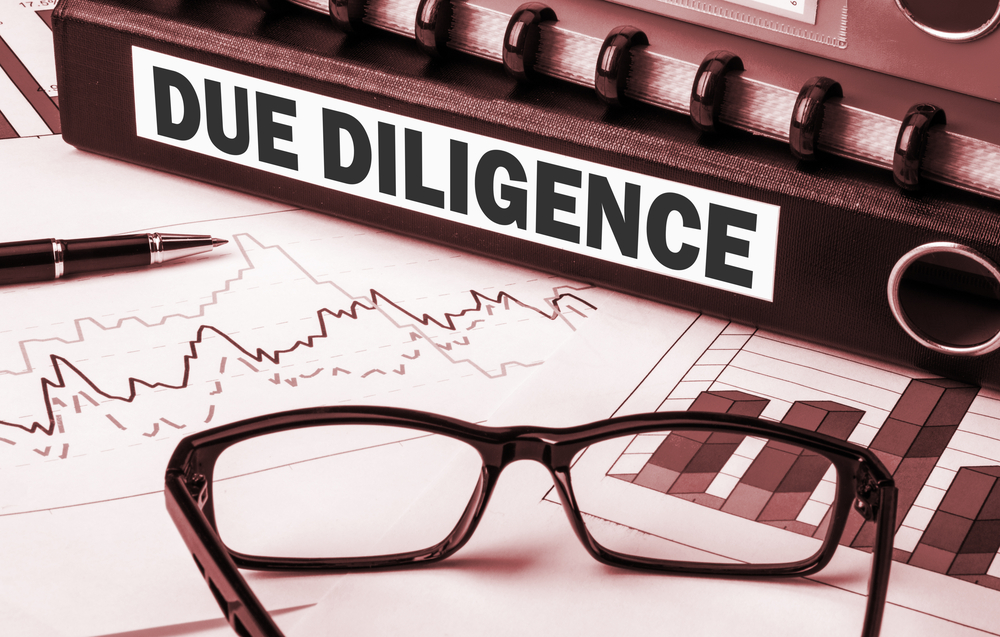Why human due diligence is more vital than ever in corporate transactions
Anyone involved regularly, whether as the buyer/seller/investor/lender/lawyer/accountant/corporate financier in a corporate transaction, knows that due diligence is crucial. But is the focus still too much on numbers and facts and not on people?
Once a transaction gathers pace, basic financial due diligence has been done and advisors instructed, momentum gathers pace and business critical issues can become easily overlooked. Parties are committed and focus shifts.
Generally, doubts or concerns raised, whether as part of due diligence or contract negotiation will often be resolved by lengthy wrangling over warranties and/or deferred payments and earn out provisions.
This is not to say that the work undertaken by lawyers and accountants to protect clients is not important or valuable but a focus purely on legal and/or financial risks can side-track focus from the fact that for most businesses, people issues are critical.
Even if you have extensive and watertight warranties given by corporate or individual counterparties, they are often only as valuable as the people ultimately involved.
Research carried out some years ago by Harvard Business Review, offers some compelling evidence that human due diligence is key in business transactions. Findings included :-
- human due diligence is key to avoiding a significant loss of talent in the first few months after a merger or acquisition.
- companies continue to lose disproportionate numbers of senior staff in the years following a merger.
- without clear planning and consideration of management approach, culture and decision-making infighting is almost inevitable which in turn tends to result in poor or slow decisions.
- As a consequence of all of the above, merged companies often see productivity decline with almost 2/3rds of companies losing market share in the first quarter after a merger. Rising to a staggering 90% by the 3rd quarter following merger.
Who and how to do people checks?
Human due diligence can mean a variety of things. It can be about personalities but also of course about bona fides. Readers will be all too familiar with the latter, the infamous Madoff case being just one example. It doesn’t get any easier in the internet age, even where almost everyone has a digital footprint and reputation. This can easily be manipulated to the advantage of someone who knows how to cultivate and present a good image online to cover up unethical dealings in the real world. Trust is now at a premium.
Lawyers and accountants, whilst many are good judges of character and in working in and around transactions can often scent the whiff of something not quite right, are not trained in or expected to carry out human due diligence.
Private or corporate investigators?
One option for sensitive enquiries about key people on the other side of corporate transactions is to retain investigators. Investigators are traditionally viewed as operating in a very murky, pseudo legal way. There are however a number of reputable corporate investigators who are trusted by big companies to undertake discreet due diligence. The risk with this is that most enquiries are still carried out covertly. Typically, former business colleagues, associates or contacts are contacted for information or opinions about key people. However discreet, it is not unusual for the party being checked to find out. This can severely damage goodwill and trust and potentially scupper a whole deal. This approach is probably only worth considering where there are some doubts about the bona fides of a key potential business partner and do not help in considering the firm, culture and ethos on an organisational level post merger or acquisition.
Could independent HR professionals be the answer?
Given the vital importance of people in the success of any organisation, it’s perhaps surprising that many mergers and acquisitions go ahead without any input from people professionals. According to Debbie Serota, a corporate law specialist at Darlingtons Solicitors in London, many transactions go ahead with little or no external people due diligence :-
Debbie says “Whether it’s an external investor, a shareholder agreement or a complex merger and acquisition, people are at the centre of all these important transactions. All too often I also see that when disputes arise, personalities, control and/or ethical issues are the cause. By that stage, damage to the business is often irreversible”
When thinking Human Resources (HR), it’s easy to think just of a department or individual within an existing organisation tasked, typically with staff recruitment, retention, policies, discipline, absence and incentives. However, there are many independent HR professionals who specialise in human due diligence in mergers.
This interesting article sets out nicely the advantages, benefits and processes which can add real value and reduce risk with mergers.




Comments